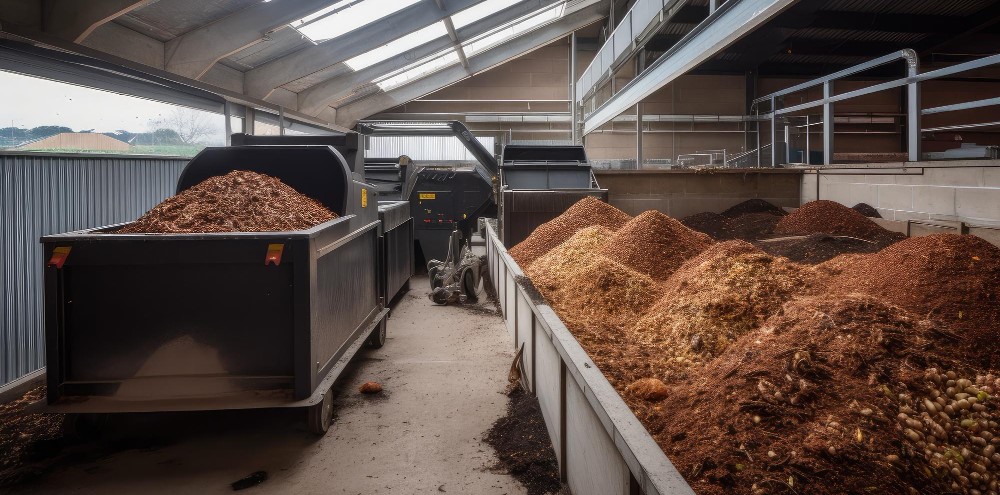Goldan et al, 2023, Assessment of Manure Compost Used as Soil Amendment—A Review, MDPI.com
https://www.compostmagazine.com/manure-compost-review/
The European Union produces about 1.4 billion tonnes of animal manure annually, presenting both environmental challenges and agricultural opportunities. Manure is a significant source of methane emissions and contributes heavily to greenhouse gas emissions, ammonia release, and nitrogen and phosphorus pollution. These pollutants can lead to groundwater contamination and algal blooms.
However, manure also offers benefits for soil health and energy production. It can improve soil structure, enhance water retention, and provide essential nutrients. Additionally, manure can be used to generate electricity and heat, beneficial for greenhouse operations and early plant growth.
Composting manure effectively mitigates many of its drawbacks. The composting process destroys pathogens, eliminates weed seeds, stabilizes soil pH, and improves soil quality by increasing organic matter and electrical conductivity. This enhances the soil’s ability to support beneficial microorganisms and plant growth.
Despite these benefits, the review cautions against the overuse of manure compost, which can harm soil health. It also warns about the presence of herbicides like Aminopyralid or Clopyralid in manure, which can survive the composting process and adversely affect plant growth. Testing compost with sensitive plants like beans is recommended before extensive application. Overall, while manure poses environmental challenges, its composted form provides significant benefits for agriculture and soil health.
Discover the future of waste management with composting free technology
Handling organic waste properly can be challenging due to the unpleasant smell and dirty water produced during the composting process. Despite the availability of various composting technologies and equipment in the market, time and pollution remain significant concerns. However, a novel technology that combines patented equipment and enzymes offers a potential solution. This innovative approach can convert organic waste into fertilizer in just a few hours, and most importantly, without causing pollution.
Learn more


 中文 (台灣)
中文 (台灣) Bahasa Indonesia
Bahasa Indonesia Tiếng Việt
Tiếng Việt Bahasa Melayu
Bahasa Melayu Français
Français Español
Español Português
Português